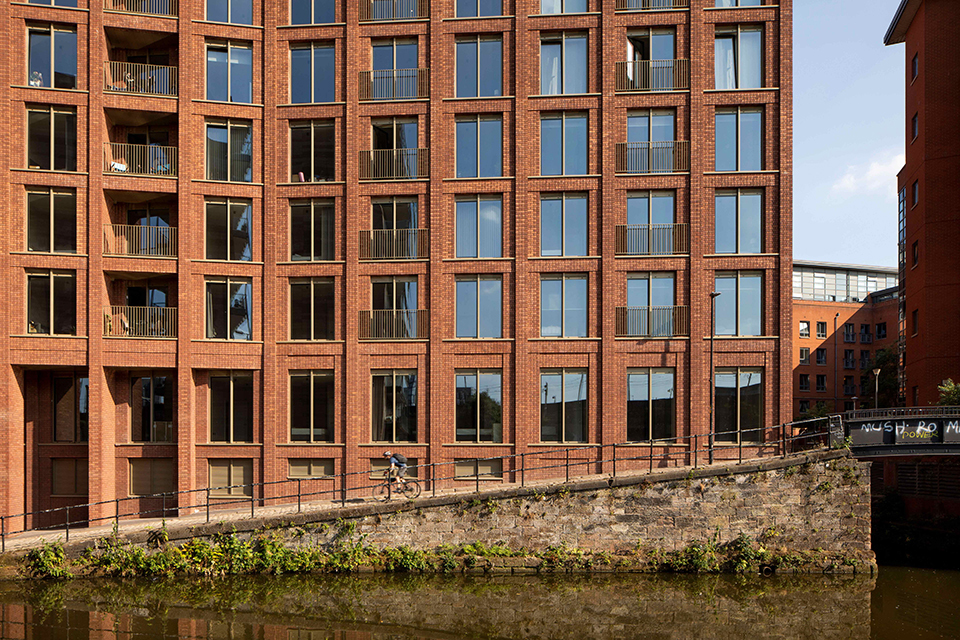The choice between investing in office and residential properties is a significant decision that hinges on a multitude of factors, each with its own set of advantages and disadvantages. This deliberation entails a careful assessment of your investment goals, risk tolerance, financial resources, and the prevailing market conditions.
To help you make an informed choice, we delve into the distinctions between these two investment options.
Residential Property Investment
1. Steady Demand: Residential properties, such as houses and apartments, typically enjoy a consistent demand, as people will always need places to live. This can provide a steady rental income stream.
2. Easier Entry: Residential properties are often more accessible for individual investors, both in terms of cost and ease of management. You can start with a single residential property and gradually expand your portfolio.
3. Tenant Relations: Tenant turnover tends to be higher in residential properties, which means more frequent leasing activities and potential for vacancies. Building positive tenant relationships is vital.
4. Diverse Tenant Base: Residential properties often attract a wide range of tenants, from individuals and families to students and young professionals, offering some diversity in your rental income.
5. Location Flexibility: Residential properties can be located in a variety of areas, from city centres to suburbs, allowing for more flexibility in choosing your investment location.
Office Property Investment
1. Commercial Tenants: Office properties cater to businesses, government agencies, and organisations. Leasing to commercial tenants can result in longer lease terms, which can provide stability and less frequent turnover.
2. Potential for Higher Returns: Commercial leases often command higher rental rates than residential properties. This can potentially translate into higher rental income and returns on investment.
3. Niche Markets: Certain office properties, such as medical offices or co-working spaces, can tap into niche markets with specific demands and potentially less competition.
4. Property Management: Commercial properties often require professional property management due to complex leases, maintenance needs, and legal considerations. This can involve additional costs.
5. Economic Sensitivity: The demand for office space can be influenced by economic factors, including business cycles and technological changes. Economic downturns can lead to higher vacancy rates in office properties.
6. Location Specificity: The location of office properties is critical, as they are often situated in central business districts or specific commercial zones. This can limit your investment options to prime areas.
Considerations for Your Investment Decision
1. Investment Goals: Clarify your investment objectives. Are you seeking stable rental income, long-term capital appreciation, or a mix of both?
2. Risk Tolerance: Assess your risk tolerance. Residential properties may offer more stability, while office properties can carry higher financial risks.
3. Financial Resources: Evaluate your financial capacity, as commercial properties often require larger upfront investments and ongoing maintenance costs.
4. Market Research: Conduct thorough market research to understand local property market dynamics, rental demand, and vacancy rates for each property type.
5. Diversification: Consider diversifying your portfolio with a mix of property types to spread risk.
6. Professional Advice: Consult with real estate professionals, such as property agents and financial advisors, to gain insights into the specific opportunities and challenges in your chosen property sector.
Ultimately, the decision between office and residential property investment in Manchester depends on your individual circumstances, preferences, and investment strategy. Some investors even choose a combination of both to balance their portfolio. It’s essential to conduct due diligence and seek expert advice before making a final decision to align your investment with your financial goals and risk tolerance.





